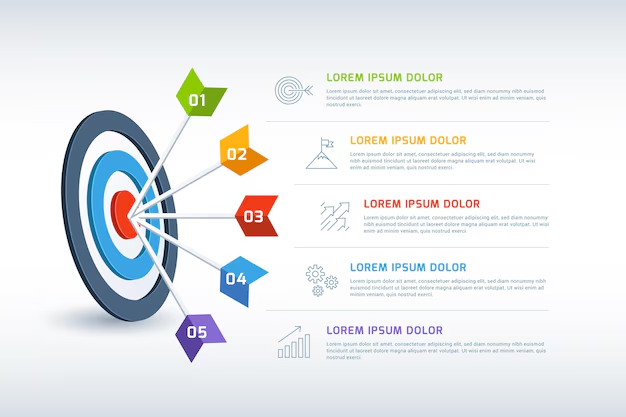KVK objectives play a crucial role in agricultural development and rural upliftment. Whether you are a farmer, a researcher, or someone interested in sustainable development, understanding the purpose of KVK objectives is essential. This article will break down what KVKs are, their objectives, and their impact, while providing valuable insights to maximize their benefits.
What is a KVK?
KVK stands for Krishi Vigyan Kendra, which translates to “Farm Science Center.” These centers are agricultural extension institutions created by the Indian Council of Agricultural Research (ICAR). The primary goal of KVKs is to bridge the gap between agricultural research and its practical application in the field.
Table: Key Objectives of KVKs
| Objective | Description |
|---|---|
| Technology Assessment and Demonstration | To showcase new agricultural technologies and assess their feasibility |
| Training for Farmers and Extension Workers | Providing hands-on training to improve farming practices |
| On-Farm Testing | Testing agricultural innovations on real farms |
| Advisory Services | Offering expert advice on crops, livestock, and soil health |
| Resource Center for Agriculture | Serving as a hub for information, seeds, and other inputs |
Primary Objectives of KVKs
1. Technology Assessment and Demonstration
One of the core KVK objectives is to assess and demonstrate new technologies in a practical setting. By doing so, KVKs ensure that farmers have access to the latest innovations, which can significantly improve productivity and profitability.
2. Training Programs
KVKs conduct training sessions tailored for farmers, rural youth, and extension workers. These programs are designed to impart knowledge on advanced agricultural techniques, livestock management, and value addition to produce.
For more details on agricultural training programs, visit ICAR’s official website.
3. On-Farm Testing (OFT)
Through on-farm testing, KVKs evaluate the performance of various agricultural technologies under real-world conditions. This helps farmers make informed decisions about which practices and technologies are most effective.
4. Advisory Services
KVKs offer advisory services to address issues related to crop production, pest management, and soil health. These services are vital for tackling the challenges faced by farmers in diverse agro-climatic regions.
5. Resource and Input Centers
Another significant KVK objective is to serve as a one-stop resource center. Farmers can access high-quality seeds, fertilizers, and other inputs directly from KVKs, ensuring better yields and reduced costs.
How KVK Objectives Impact Rural Development
The implementation of KVK objectives has far-reaching effects on rural communities. By improving agricultural practices, KVKs:
- Enhance food security by boosting crop yields.
- Create employment opportunities in rural areas.
- Promote sustainable farming practices.
- Encourage entrepreneurship among rural youth.
- Contribute to the overall socio-economic development of the region.
FAQs on KVK Objectives
1. What makes KVKs different from other agricultural institutions?
KVKs focus on the practical application of research, unlike other institutions that may prioritize academic studies. This makes them uniquely positioned to address the immediate needs of farmers.
2. How can farmers benefit from KVKs?
Farmers can benefit from KVK objectives through training programs, access to advanced technologies, expert advice, and high-quality inputs like seeds and fertilizers.
Conclusion
Understanding KVK objectives is essential for harnessing their full potential. These centers act as a bridge between research and real-world application, ensuring that farmers and rural communities can thrive. By participating in KVK programs, farmers can enhance their knowledge, improve their practices, and contribute to sustainable development.
For more information on KVKs and their objectives, visit the Indian Council of Agricultural Research’s official website.
